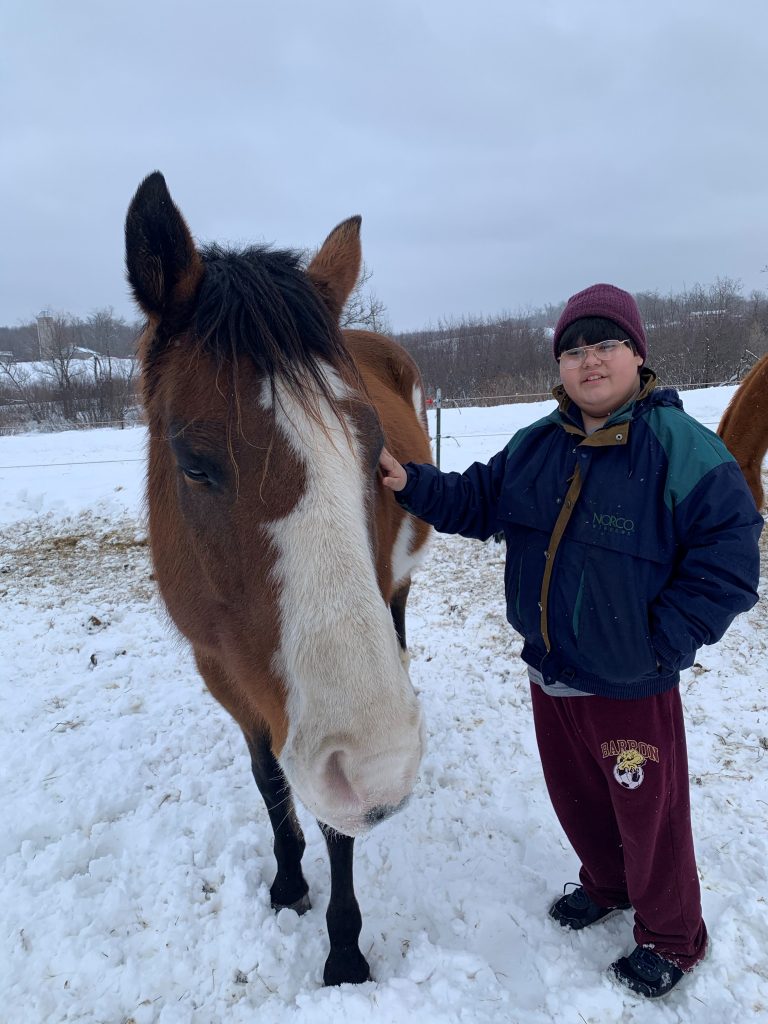Social Skills and Therapy
Social interaction and engagement is a common lifelong skill that many people may take for granted. Social skills are influenced by a variety of contexts, including geographical location, temporal dates, and societal, cultural, and familial expectations and beliefs. Social skills can encompass written language, speech, verbal and nonverbal communication, and how we communicate and follow unwritten or unspoken expected social rules (known as pragmatics). While many of us take for granted learning some of these social skills, there are many people who have difficulty understanding and learning the pragmatics that dictate our everyday lives and social interactions. This often causes people that struggle to understand pragmatics to feel socially isolated, potentially further self-limiting their own social engagement and having difficulty participating in daily life activities and routines (Griswold, 2016).
Speech and occupational therapy services help address deficits in social interaction, engagement, and overall communication to improve development of social relationships and engagement in daily life activities and routines. Therapists work with individuals to develop social skills by utilizing strategies including: teaching how to interpret verbal and non-verbal communication, teaching how to identify and develop self-regulation of emotions, utilizing social scripts to navigate social scenarios, role-playing, teaching active listening and receptive language skills, social skills groups, and practicing turn-taking, reciprocal engagement, and joint attention (ASHA, n.d.; Foster, 2013; Griswold, 2016). If you or a loved one has trouble navigating daily routines, find communicating with others difficult, or feel confused or isolated when trying to understand another person’s perspective, you may benefit from therapy services addressing social communication and participation. Call our office at (715)859-6670 or contact us via e-mail at [email protected] to learn more about how targeted social skills development may benefit you or your loved one.

Therapy horse Callie practicing social skills with a Nature’s Edge friend.
American Speech-Language-Hearing Association (ASHA). (n.d.). Social Communication. https://www.asha.org/public/speech/development/Social-Communication/#social
Foster, L. (2013). Occupational therapy’s role in mental health promotion, prevention, & intervention with children & youth: Social and emotional learning (SEL). School Mental Health Toolkit.
Griswold, L. A. (2016). Promoting a student’s social interaction skills to enhance participation with peers. SIS Quarterly Practice Connections. 1(3), 4–6.

